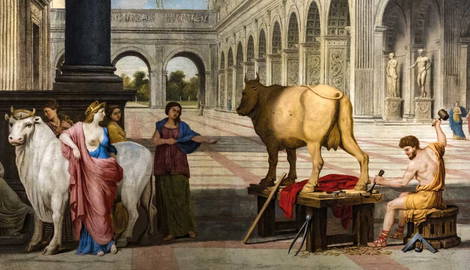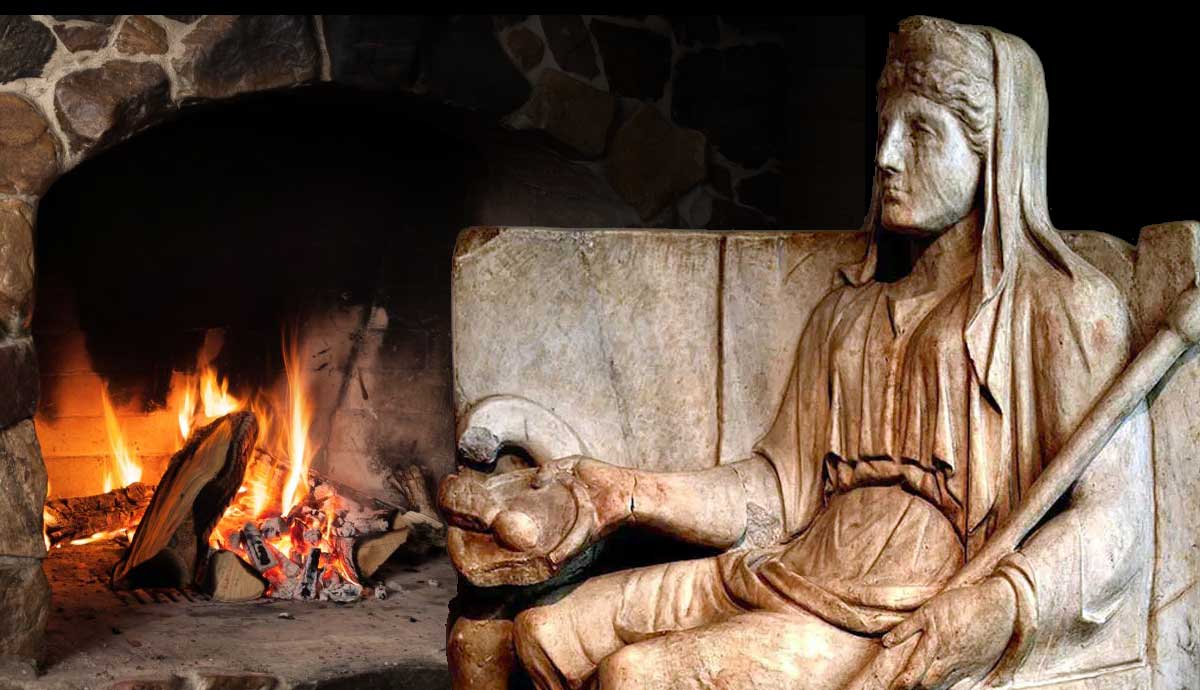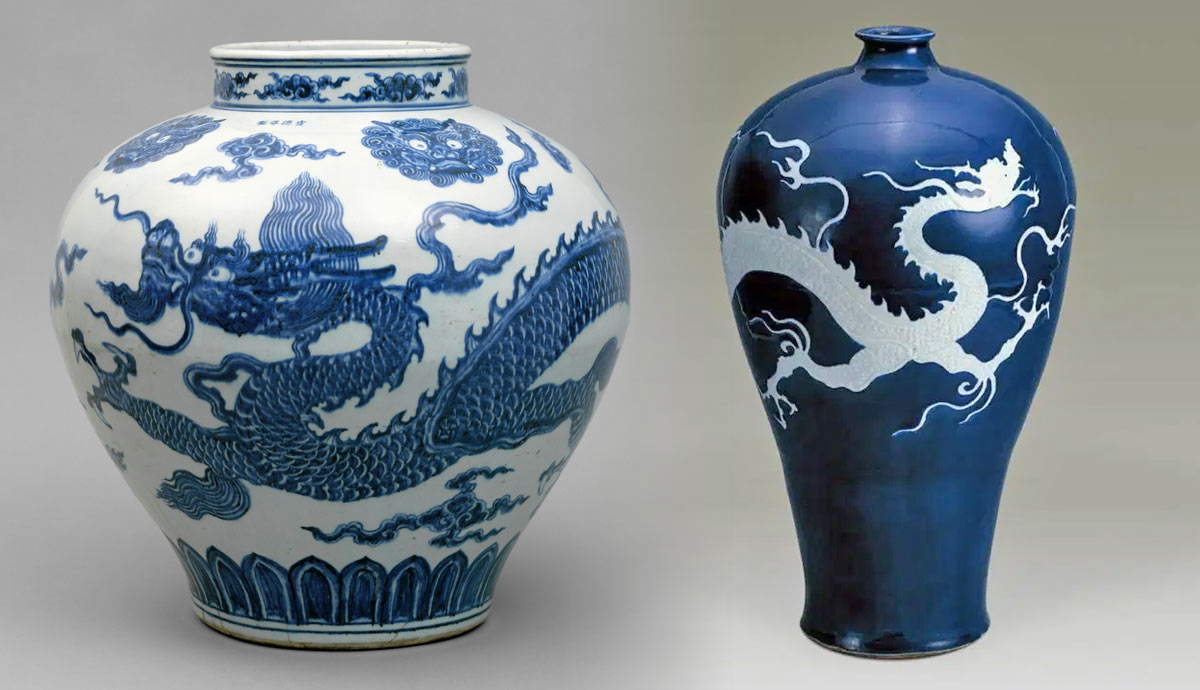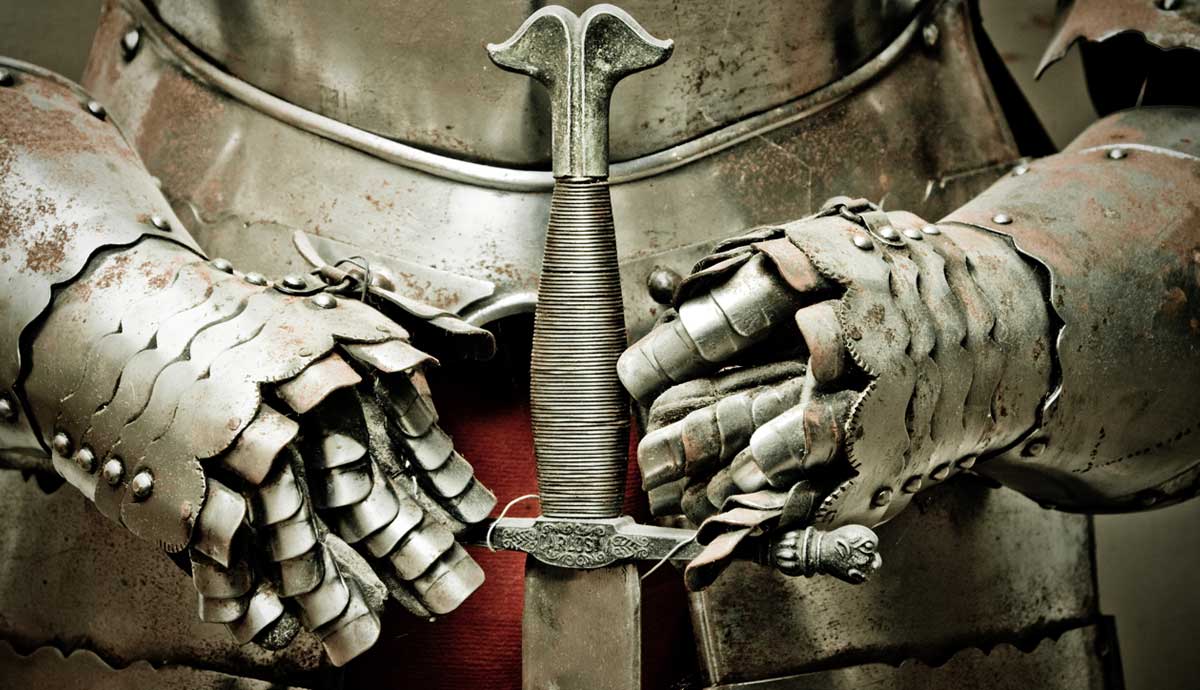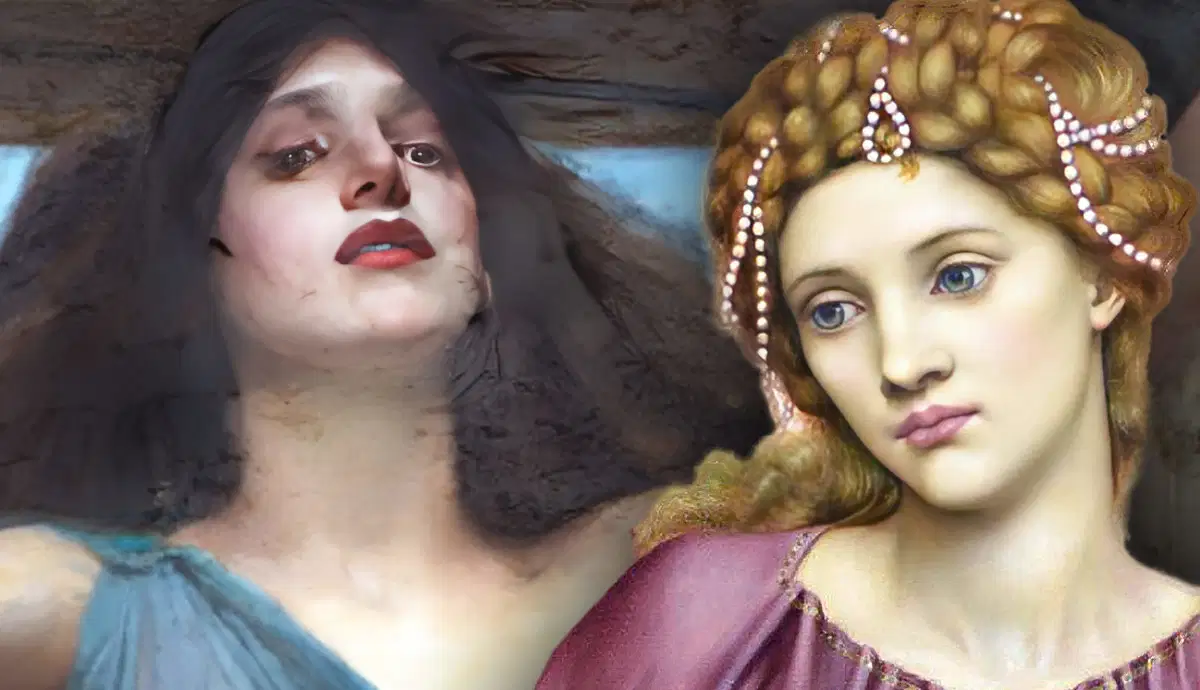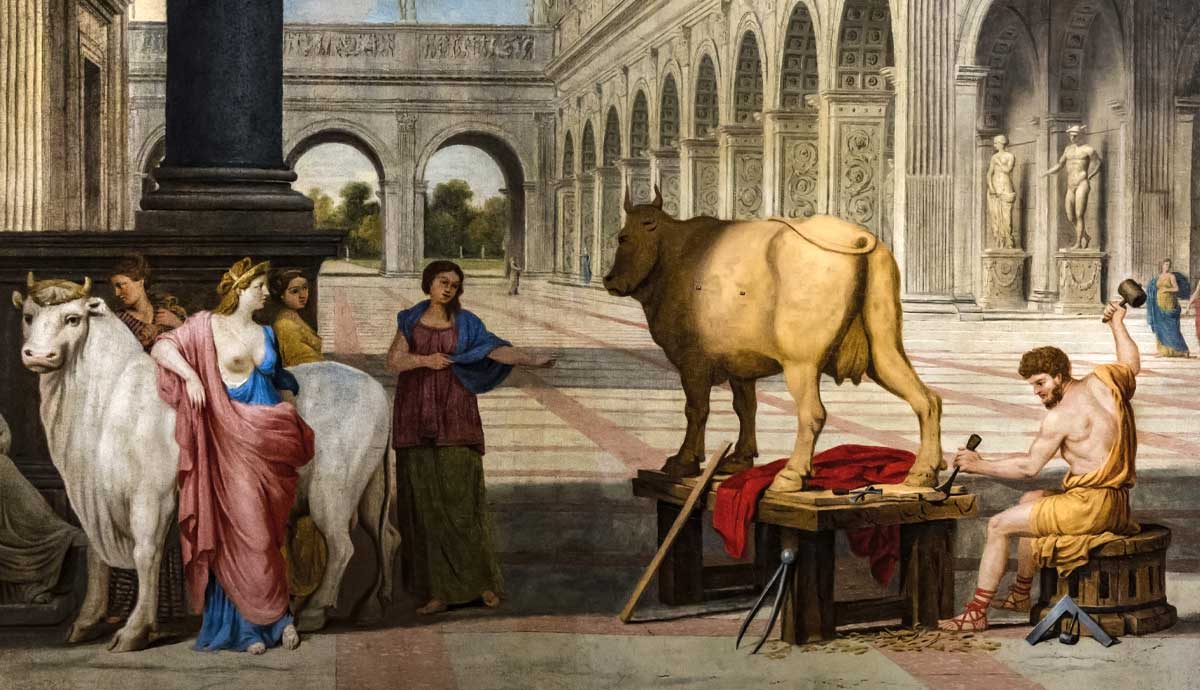
The myth of Daedalus and Icarus has transcended its ancient cultural origins to become a universal tale with a moral message that still resonates with modern readers. Although the original story derives from Greek mythology, the message of Daedalus and Icarus extends far beyond its mythical setting, offering insights and lessons about human nature, ambition, and hubris.
Daedalus: The Doomed Inventor

The myth narrates the fateful story of Daedalus, a master inventor, and his son, Icarus, who find themselves imprisoned together in a tower on the island of Crete. This punishment is the result of Daedalus’ role in helping Pasiphae birth the monstrous Minotaur and later assisting Theseus in his quest to slay the beast and escape.
He is also responsible for designing and constructing the Labyrinth, which houses the Minotaur. As the creator of this elaborate maze, he is the only person that could advise Theseus on how to navigate it. However, after Theseus kills the Minotaur and escapes Crete with Ariadne, Daedalus’ fate is truly sealed. King Minos realizes that Daedalus must have helped Theseus, and ensures that neither he or Icarus will ever be freed.
The Tragic Fate of Icarus

While imprisoned in the tower, Daedalus watches sea birds fly overhead every day and eventually devises a plan to escape by creating a pair of wings from feathers and wax. The plan is to fly over the sea and find a new home for him and his son. Before taking flight, Daedalus offers crucial instructions to Icarus: fly neither too high and close to the sun nor too low and close to the sea, as either extreme could be disastrous and deadly.
Despite his father’s cautionary words, Icarus becomes intoxicated by the thrill of flight, and he soars higher and higher towards the sun. The wax binding the wings together begins to melt under the intense heat, and Daedalus helplessly watches as Icarus plummets to his tragic demise in the depths of the sea.
A Cautionary Tale of Hubris

One of the central messages of Daedalus and Icarus’ myth is to be cautious of hubris—the excessive pride that blinds individuals to their own limitations. The tragedy of Icarus is entwined with the dangers of hubris and a relentless pursuit of one’s desires without regard for any consequences. It also serves as a serious warning about the perils of blind ambition and unchecked desires.
Daedalus and Icarus both represent archetypal symbols, embodying the delicate balance between our greatest desires and the limitations imposed by mortality and nature. Daedalus uses caution and understands the limits of their world, while Icarus falls victim to hubris and an ambition to push the boundaries. He also represents the risk that comes with progress, discovery, and seeking knowledge. Their tale prompts us to reflect on the delicate balance between human aspirations and the restrictions enforced by reality, urging us to navigate life with prudence, self-awareness, and humility.
Beware the Wrath of Gods

In mythology, these natural limitations are also enforced by the Greek gods and emphasizes the stark contrast between mortals and deities within the ancient world. As he soars higher and higher in the sky, Icarus likens himself to a god, which is considered a significant part of his ultimate downfall.
The physical consequence of flying too close to the sun is that the wax on his wings melts away. However, he also allows his ego to “fly too close to the sun” by proclaiming his proximity to divinity and immortality. Greek mythology is filled with stories of mortals facing the ire of gods and being reminded of their rightful place below the deities. Much like when the human queen, Cassiopeia, boasts that she is more beautiful than any of the gods, or Arachne believes she is a better weaver than Athena, the Greek gods are always quick to remind mortals of their inferior place in the world. The tragic fate of Icarus, a mortal who believed he could achieve the heights of a god, is yet another example of this type of mythical warning.
Listen to Reason and Wisdom

Daedalus, the wise and experienced father, is the voice of reason and prudence of the story. Outside of this myth, he is considered a genius whose guidance is highly valued by the royals. His counsel to Icarus is not merely a parental directive but a universal call to heed the wisdom of those who have more life experience and knowledge about the world. The consequences of Icarus ignoring his father’s advice emphasizes the timeless truth that wisdom, often gained through lived experience, should not be disregarded. Although the myth of Daedalus and Icarus comes from ancient times, it still serves as a timeless, cautionary tale about the pitfalls of hubris and unbridled human ambition that is relatable to any audience.
